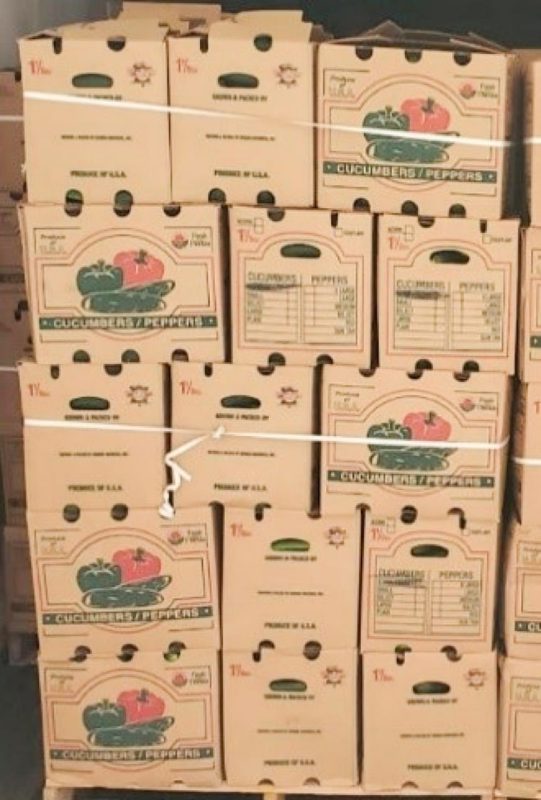The recent recall of cucumbers due to salmonella concerns has raised awareness about food safety and the need for stringent quality control measures in the agricultural industry. This incident serves as a reminder of the potential risks associated with contaminated produce and highlights the importance of proactive measures to ensure consumer safety.
The recall of cucumbers shipped to 14 states underscores the intricate supply chain involved in the distribution of fresh produce across the country. From the farm to the store shelf, various steps are taken to ensure that food products meet quality standards and are safe for consumption. However, despite these efforts, incidents of contamination can still occur, necessitating swift action to prevent widespread health issues.
Salmonella, a common cause of foodborne illness, can have serious consequences for individuals who consume contaminated products. Symptoms of salmonella infection include nausea, vomiting, diarrhea, abdominal cramps, and fever. In severe cases, the bacteria can lead to hospitalization and even death, particularly among vulnerable populations such as the elderly, children, and individuals with weakened immune systems.
In response to the recall, consumers are advised to check their cucumbers for specific lot numbers and discard any potentially contaminated products. Retailers are urged to remove the affected cucumbers from their shelves to prevent further distribution. These measures are crucial in containing the spread of contaminated produce and protecting public health.
Food safety regulations play a critical role in mitigating the risks associated with foodborne illnesses. Government agencies, such as the Food and Drug Administration (FDA), work closely with industry stakeholders to establish and enforce standards that promote the safety and integrity of the food supply chain. Regular inspections, testing, and monitoring help identify potential hazards and prevent outbreaks before they escalate.
In addition to regulatory oversight, consumers can also take proactive steps to reduce their risk of foodborne illness. Proper food handling, storage, and preparation practices can significantly decrease the likelihood of contamination and help safeguard against the spread of harmful bacteria. Washing fruits and vegetables thoroughly, storing perishable items at the appropriate temperature, and avoiding cross-contamination are important precautions that can protect against foodborne pathogens.
Ultimately, the recall of cucumbers highlights the interconnected nature of the food industry and the shared responsibility of all stakeholders in ensuring food safety. By prioritizing quality control, implementing stringent safety protocols, and maintaining transparency in communication, the agricultural sector can work collectively to minimize the occurrence of foodborne outbreaks and protect consumers from harm. Vigilance, collaboration, and a commitment to best practices are essential in safeguarding the integrity of the food supply chain.
